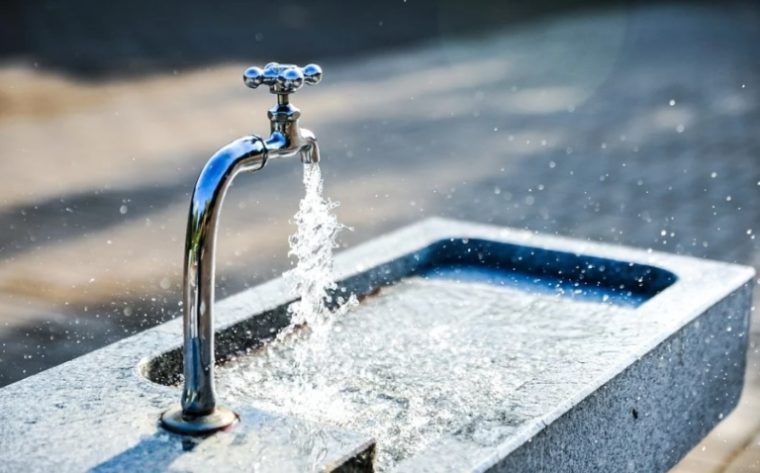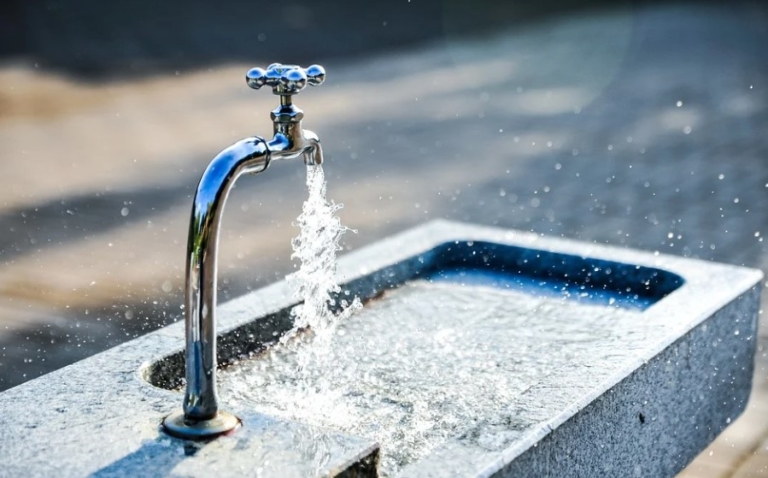
There are multiple topics of high concern for Americans today but one that is receiving less media attention is related to the country’s water resources. Regions of high growth are vying for the same diminishing water supplies, and, at the same time, the country’s drought is sapping water in every pond, lake, river, and reservoir. Just last year, the Department of the Interior issued its first official declaration of a water-shortage in the Colorado River—a critical source of water for numerous large states. But that’s not the only area of concern. Old water system plants need to be upgraded, aging pipelines must be replaced, wastewater processes require modernization, and cyber protection should be enhanced immediately.
Experts report that further strain on water resources could threaten a crisis. It should be noted, however, that water issues in America are being addressed. Large amounts of funding are currently available for public officials to address water issues.
One large funding source is the Water Infrastructure Finance and Innovation (WIFIA) program which invests in regional water projects with long-term, low-cost loans. In 2021 alone, the US Environmental Protection Agency awarded $8.9 billion in WIFIA loans to 40 individual water projects. Many of those projects are just now being launched and over the next several years American citizens will benefit as water systems are modernized, expanded, upgraded, and equipped with greater cybersecurity protection.
Government leaders are rushing to capture funding for water projects and there are announcements on a weekly basis about upcoming initiatives designed to incorporate new strategies, innovations, and technologies into water infrastructure. Evidence of the activity is already reflected in the marketplace. Demand for new water equipment recently hit a 25-year high and new water infrastructure projects are being announced weekly.
In Wisconsin, the city of Madison has initiated design work on what will be the state’s first municipal facility designed specifically to treat for chemicals that are now detected in municipal water supplies. The project, with an estimated cost of $143 million, will use advanced granular activated filtration technology to remove contaminants from drinking water. That project has entered the community engagement portion of its design stage.
A $181 million WIFIA loan will support a biological nutrient removal project in Wichita, Kansas. The project, currently in the design phase, will enable advanced treatment technologies to remove decomposed organic wastes from water plants and surrounding waterways. The treatment technology will reduce pollutants discharged by the city of Wichita into the Arkansas River by an average of 75 percent. Construction work will begin early in 2023.
The WITIA program has provided $278 million for a project to upgrade sewage flows and wastewater treatment throughout much of the country’s single largest watershed. The Missouri-based project will address issues related to sewer and wastewater systems. It will be designed to abet combined sewer separation, address overcharged sewers, and implement new biosolids treatment. The funding also will allow construction to begin of a solids processing facility with a network of tunnels to divert flows of sewage away from local water channels.
The city of Boise, Idaho, received $271 million for a sequence of four, multi-phased water renewal projects. This work will be focused on the city’s recycled water program. The projects will focus on identifying new uses for water sources affected by local commercial or industrial run-off. Currently in the preliminary planning stage, the recycled water project will collect contaminated water, clean it, and circulate it back into use as clean water. An early cost estimate for this portion of the plan includes $81 million for construction of a recycled water facility.
Another WIFIA loan will support expansion and enhancement of the West Boise Water Renewal Facility. The project has a budget of $28 million and it includes construction of a new filtration facility and pump station.
County funds are also supporting water-related innovations. In the northern part of Lee County, Virginia, where officials are expanding a water treatment system. It will be designed for new, more modern versions of water treatment systems. The expansion’s estimated price tag of $41 million includes funding for equipment to treat water using a process of reverse osmosis. These types of projects are becoming extremely common throughout the country.
Funding for water projects will continue and in September of this year water districts, municipalities, and other public entities will be invited to apply for WIFIA’s next round of funding. Clean water resources are of immediate concern as population growth increases in America. But there are other concerns as well – resiliency, the replacement of aging and corroded distribution pipelines, flooding, and cyber protection of water system networks.
America’s water infrastructure has captured the attention of government leaders even though the media has neglected much of the news that might be expected. Contractors with new water technology, equipment, and cybersecurity services are in high demand at almost every jurisdictional level of government.

